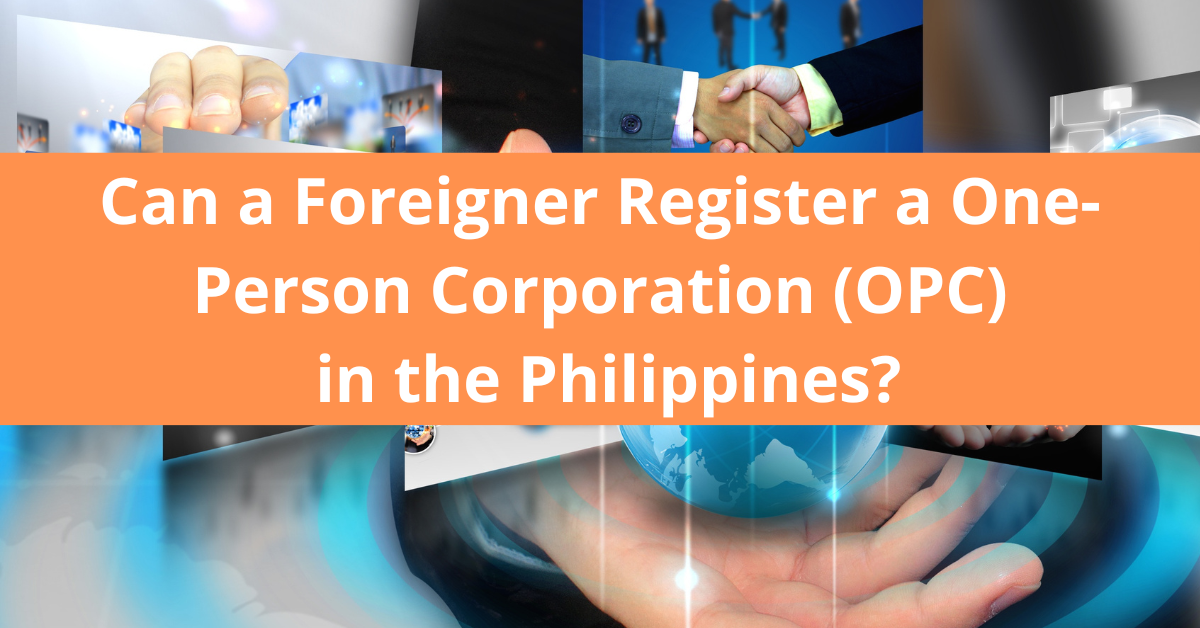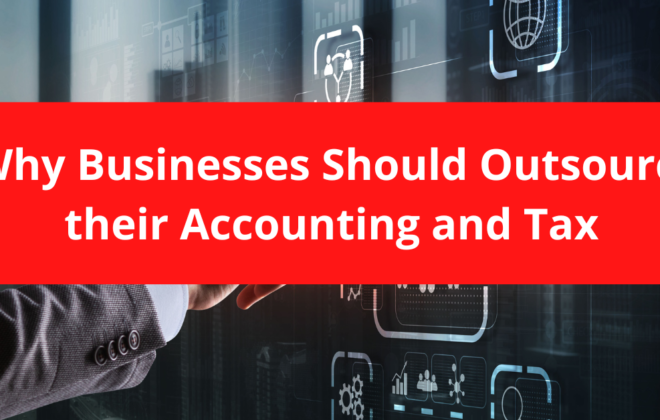Can a Foreigner Register a One-Person Corporation (OPC) in the Philippines?
Many Filipinos believe foreigners cannot own properties or establish a business unless married to a Filipino citizen. In reality, however, foreigners are permitted by law to buy properties or manage a business in the Philippines.
Unlike Filipino business owners, foreigners have more documents to process and more requirements, such as increased capitalization to fulfill. Moreover, the Republic Act (RA) 7042 or the Foreign Investment Act of 1991 and its subsequent revisions restrict certain business activities from 100% foreign ownership.
Industries Allowed to Operate with 100% Foreign Owners
Here are some industries that are allowed to operate with 100% foreign owners:
- Domestic Enterprises – a business rendering services or producing goods for sale to the domestic market. Foreign owners should invest at least USD 100,000.00 or five million pesos;
- Export Enterprises – companies that are engaged in export business and are not on the negative list;
- Business-to-business – a business enterprise that provides services or sells to other businesses. Business owners are required to invest between USD 100,000 or five million pesos to USD 200,000.00 or ten million pesos;
- Internet-based business – any business operating solely on the internet, except mass media
Businesses that Foreigners Cannot Own
Some business activities are off limit to foreign equity. The list of these industries can be found in the Foreign Investment Negative List (FINL) or more popularly referred to as the Negative List.
The Negative List has three components: List A, List B, and List C. List A contains investment activities restricted to Filipinos, while List B enumerates business types that allow foreign ownership.
Meanwhile, List C summarizes areas of investment that have adequately served the consumers’ needs and, thus, do not need further investments.
The following business types do not allow foreign ownership:
- Practice of profession;
- Retail trade business;
- Cooperatives;
- Security agencies;
- Mass media, excluding recording;
- Utilization of marine and natural resources in the territorial waters as well as small-scale mining;
- Businesses related to firecrackers and pyrotechnic devices, nuclear weapons, biological, chemical, or radiological weapons, and anti-personnel mines;
- Cockpit operations
12th Foreign Investment Negative List
These are the significant changes in the latest FINL;
- Full foreign ownership of retail trade enterprises with a minimum paid-up capital of PHP 25,000,000;
- Redefines “public utility,” allowing full foreign ownership in telecommunications, airlines, and other public transport facilities;
- Reduces capitalization requirement for micro and small domestic market enterprise.
Can a foreigner establish an OPC in the Philippines?
Yes, non-Filipinos may be allowed to form an OPC, provided that the nature of business is in the industry that allows full foreign ownership.
The business categories allowing foreigners to be incorporators are listed in Group B of the Foreign Investment Negative List.
Minimum Capitalization of an OPC
The minimum capital requirement for a foreigner forming an OPC is between USD 200,000.00 to USD 100,000.00, depending on the number of employees and usage of advanced technology.
If the corporation exports 70% or more of its products, the capitalization is PH 5,000.00 or roughly around USD 100.00.
Corporate Officers of an OPC
- Nominee and Alternate Nominee
An OPC must designate a Nominee and an Alternate Nominate. They will run the corporation in the event of the death or incapacity of the lone incorporator. Their names must be indicated in the Articles of Incorporation;
- Corporate Officers
The company must appoint the President, Corporate Secretary, and Treasurer within 15 days of the Securities and Exchange Commission’s approval of the incorporation.
Process your OPC registration smoothly
If you are a foreigner and want to build your business in Asia, the Philippines should be on top of your list. The country has eased the process of doing business in government offices., which will hopefully attract foreign investors to come to the country.
Getting your business registered with the SEC, BIR, and other regulatory bodies may be an issue since you don’t know anyone in the Philippines or you are unfamiliar with how your transactions are done. However, you don’t need to worry anymore.
We, at DJKA Business Services, can help you secure all the papers needed and register your business on time. Just send us a message at info@djkaaccounting.com for more details.
Related Posts
Recent Posts
- New Features and Functionalities of the Online Registration and Update System (ORUS)
- A Comprehensive Guide to Taxation for Freelancers in the Philippines
- New Tax Laws in 2024: What Changes Filipino Taxpayers Should Prepare For
- How to Avoid Common Tax Mistakes in 2024
- Tax Deductions and Benefits Often Overlooked by Filipino Taxpayers





